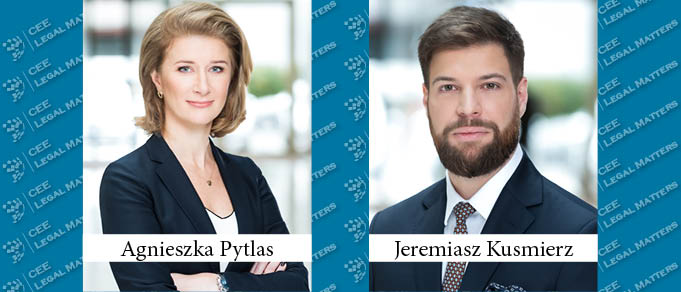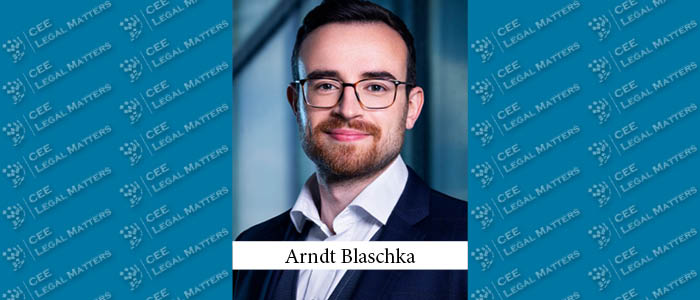Innovative technologies, software development, and gaming are becoming an increasingly important part of not only Poland’s M&A market but of the whole region. The greater presence of global tech investors seeking potential acquisitions in Poland is putting pressure on local developers to keep up with international standards and the fast pace of the acquisition process.
New Perspectives
Tech newcomers and start-ups often build their market presence from scratch. At the early stage of an organization’s growth, it is natural that founders commit to the development of an idea rather than consider potential exit strategies and cashing-out scenarios. A potential acquisition completely shifts this perspective and adds gravity to issues that may have been neglected during the organization’s infancy. These issues usually become the center of our focus in all new tech M&A.
Whether the parties are planning a share or asset deal, the value of new tech targets usually stems from their intangible assets. This entails certain risks that the buyer needs to address in the acquisition process. For this reason, the need to utilize more complex M&A agreements even in smaller new tech transactions is a must. Based on our experience, it seems that there are several challenges that require tailored solutions in deals within this sector.
New Challenges
Most important is liability. Under Polish law, for example, statutory warranty for defects of sold goods does not necessarily cover malfunctions or defects of purchased software, mobile apps, or the like. As a result, liability for a defective computer program may be sought based on general principles of contractual liability or, in some cases, intellectual property law. In either case, establishing a valid claim against the seller can prove to be a legal nightmare. Therefore, it is particularly important to properly draft a seller’s representations and warranties relating to the crucial asset. While some could argue that this is always the case with M&A deals, in practice drafting an effective R&W is particularly difficult when it comes to securing an intangible asset.
Effective R&W clauses require thorough technical due diligence and, as such, are a part of the process that both parties must be ready to handle. It is mostly up to the buyer to verify if the assets presented by the seller are, in fact, everything the buyer will need to operate the software post-acquisition (especially considering the usual process of integrating the acquired software and business with the buyer’s enterprise). In many cases, sellers are reluctant to show all aspects of their software before the deal is made, which sets the bar even higher for the buyer in terms of establishing proper protection measures.
Another issue that is important for M&A in the new tech/software sector is securing the chain of title to intangible assets. It makes things much easier for the buyer if the software was developed by the seller’s employees since, as a result of the work for hire principle, the full title to intellectual property on the seller’s side is secured by virtue of law. In practice, however, the IT business is dominated by B2B arrangements and even if developers are engaged under employment contracts, it is not uncommon for employees to opt-out from the work for hire principle as that can be more beneficial to creators from a tax perspective. In all such cases, Polish law provides for a set of copyright-related rights that must be expressly transferred to the new holder. Especially in start-ups, initial agreements with software developers who personally started and grew the business often lack important provisions, which leaves the buyer at risk of defective title to the acquired intangible assets. Supplementing the original agreement days before the acquisition is an inconvenience, which in some cases cannot be avoided.
New Horizons
Negotiating complex M&A deals in an engineer-driven sector is always a challenge, however, awareness of the above-mentioned issues, which are sensitive from the perspective of new tech/IT law, is rapidly increasing. This allows legal practitioners to shape better, tailor-made standards when drafting agreements. The value of the new tech sector will continue to grow, which will most likely translate directly into larger and more demanding transactions on the M&A market in the coming years, both in Poland and across CEE.
By Agnieszka Pytlas, Managing Partner, and Jeremiasz Kusmierz, Senior Associate, Penteris
This Article was originally published in Issue 8.9 of the CEE Legal Matters Magazine. If you would like to receive a hard copy of the magazine, you can subscribe here.























